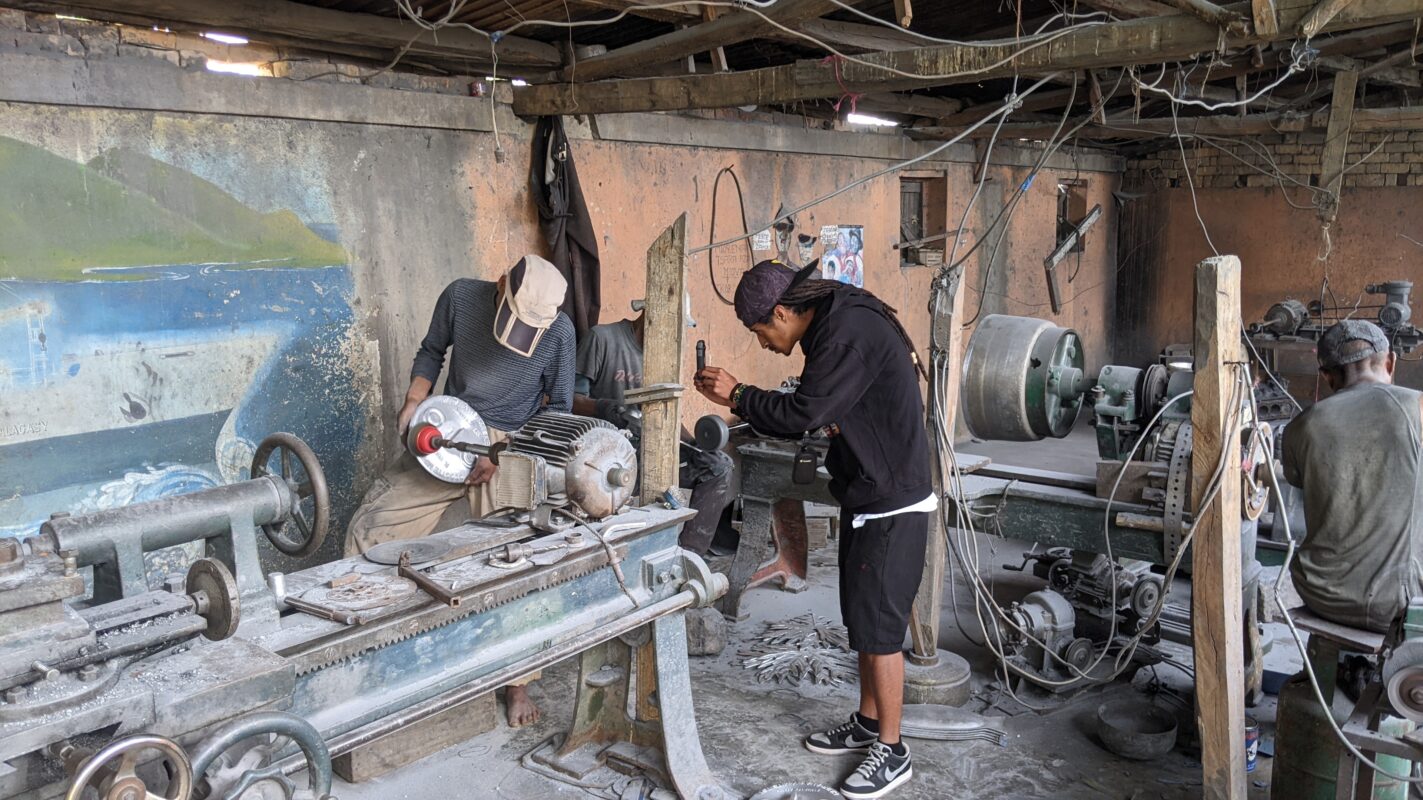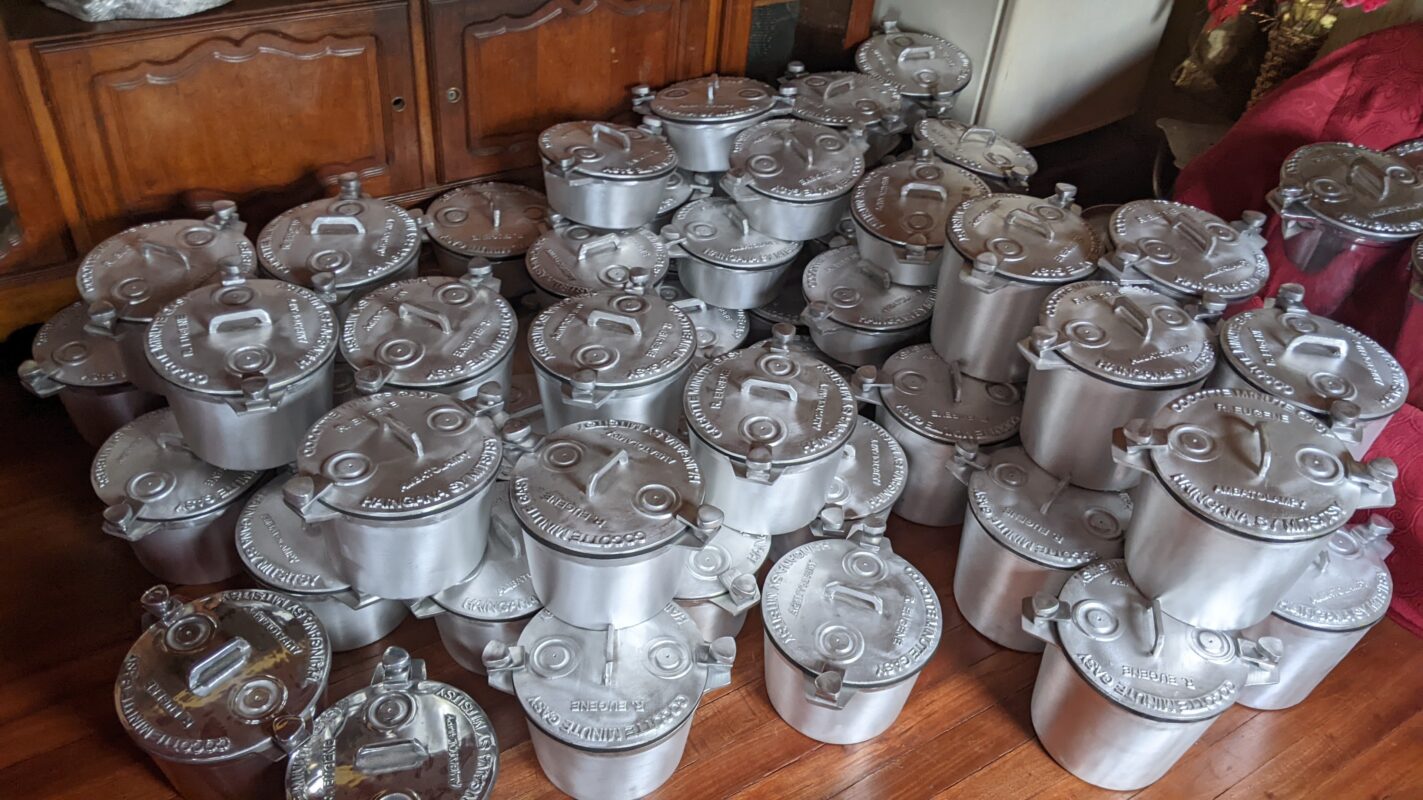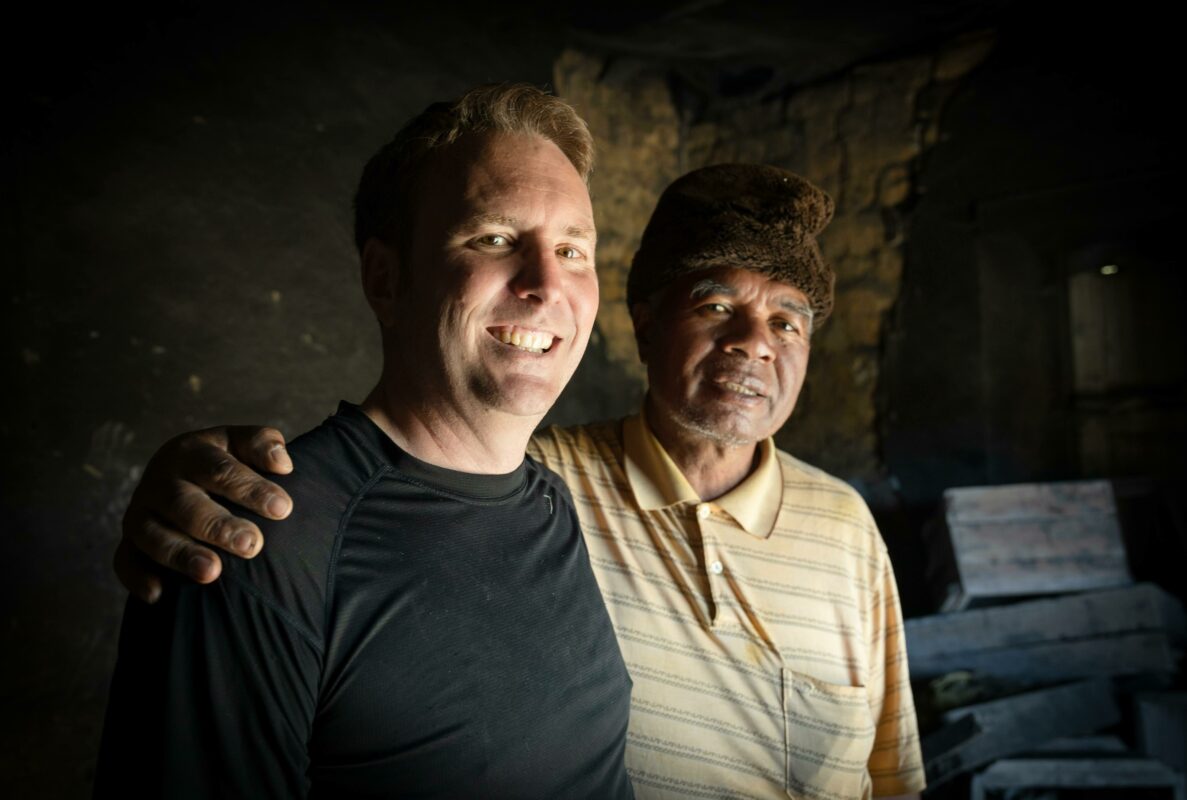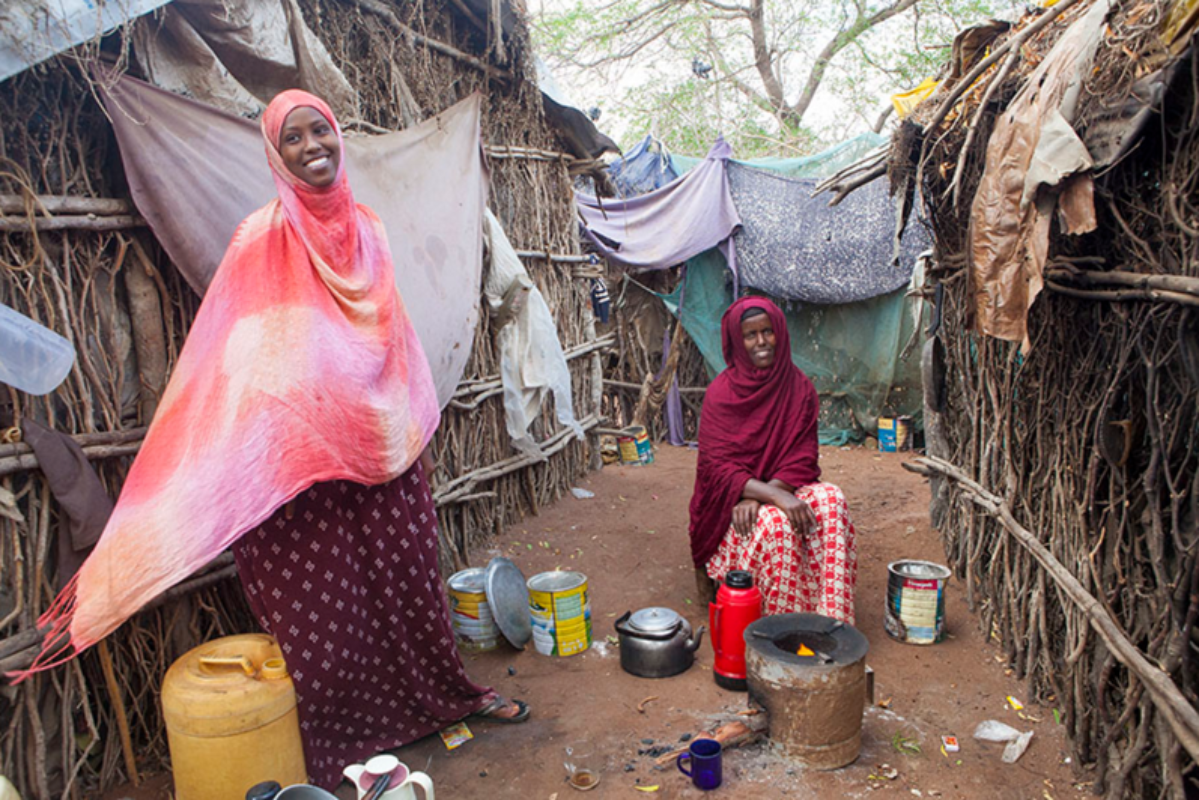Summer 2023 Newsletter
Welcome To Madagascar BDL
When you think of Madagascar, distinct ecosystems and extraordinary wildlife may pop into your head. The island harbors lush rainforests, tropical dry forests, plateaus, and deserts. It is home to some of the world’s largest coral reef systems, and nearly 95% of Madagascar’s reptiles, 89% of its plant life, and 92%of its mammals exist nowhere else on Earth.
But for all its natural beauty, Madagascar faces a difficult path forward. 80% of the land cover has been lost to deforestation. Poverty affects 92% of the population, and only 11% of the rural population has access to power. Without power, households rely on charcoal for cooking meals, one of the most significant causes of deforestation.
As is common in southern Africa, Madagascar’s primary cooking method is over an open fire using an aluminum pot. Cooking can take anywhere from four to five hours each day. Charcoal is a major financial burden for most families and represents an enormous problem for the climate. The typical household burns two 50-kilo sacks of charcoal per month.
To address these issues, BDL is partnering with Justin Wimpey to improve his design of the Cocotte Minute Gasy (CMG), a robust and affordable pressure cooker created for the people of Madagascar. Wimpey developed the cooker after living in Madagascar with his wife, a US State Department Foreign Service Officer. During his stay, Wimpey bought his staff the gift of a Western-style pressure cooker. The staff loved the pressure cooker, which cut their cooking time and monthly charcoal usage in half.
To appeal to the local community, the cooker design was adapted from the aluminum cooking pots used in Madagascar. With a local manufacturing partner, he was able to prototype and produce the pressure cooker in Madagascar. Over 750 of these pressure cookers have been sold thus far.
Investment in reducing charcoal use and production in Madagascar could significantly impact reducing carbon emissions. Because rainforests are the source of wood used to produce charcoal in Madagascar, a single ton of charcoal is estimated to produce 14 metric tons of carbon equivalent. Based on this estimate, a single Cocotte Minute Gasy pot is estimated to off set 7 metric tons of CO2 yearly.
BDL plans to continue optimizing the cooking efficiency and production processes of the CMG, making it suitable to local needs, while impacting the planet’s health for all of us.
Necessary Work
Transitioning to cleaner cooking fuels is a global priority. However, fuels such as LPG, solar, and electricity which are considered “clean” are mostly aspirational among developing countries, where over 70% of the people depend on biomass fuels.
The high cost and limited supply of these clean options have limited the adoption of these fuels to high-income, urban households, leaving out the rural population with no clear path to getting truly clean cooking to rural families within the near future.
In Ghana, the National Petroleum Authority reported a sharp decline in LPG consumption between 2021 and 2022, attributed to the 100% increase in LPG prices during this period. Rural and off-grid communities continue to depend on biomass for cooking, mostly using open fires.
Open fires are unsafe, require time and effort, and pose health risks to users, most of whom are women and children. In my work and travel, I have been in kitchens where intense smoke makes breathing difficult. I have observed women carry babies on their backs while tending the fire. I have interacted with children carrying piles of firewood from long distances so their families can cook (on open fires). I have also witnessed the happiness families experience when they use an improved stove for the first time.
These examples explain why the work we do at Burn Design Lab is essential. Our mission to develop stoves that burn biomass more efficiently and with fewer emissions is contributing to addressing the challenges associated with open fires. We work with local stove manufacturers to ensure households that cannot afford or do not have access to LPG, electricity, and other aspirational fuels can cook safely and not experience the health risks associated with open fires.
Our work, together with our partners, has led to the deployment of over 3.6 million efficient and cleaner stoves in developing countries. We are committed to building on this milestone. We will continue to count on our project partners’ commitment and our donors’ generosity to ensure that women, children, and the world can breathe easier!
Close To Home
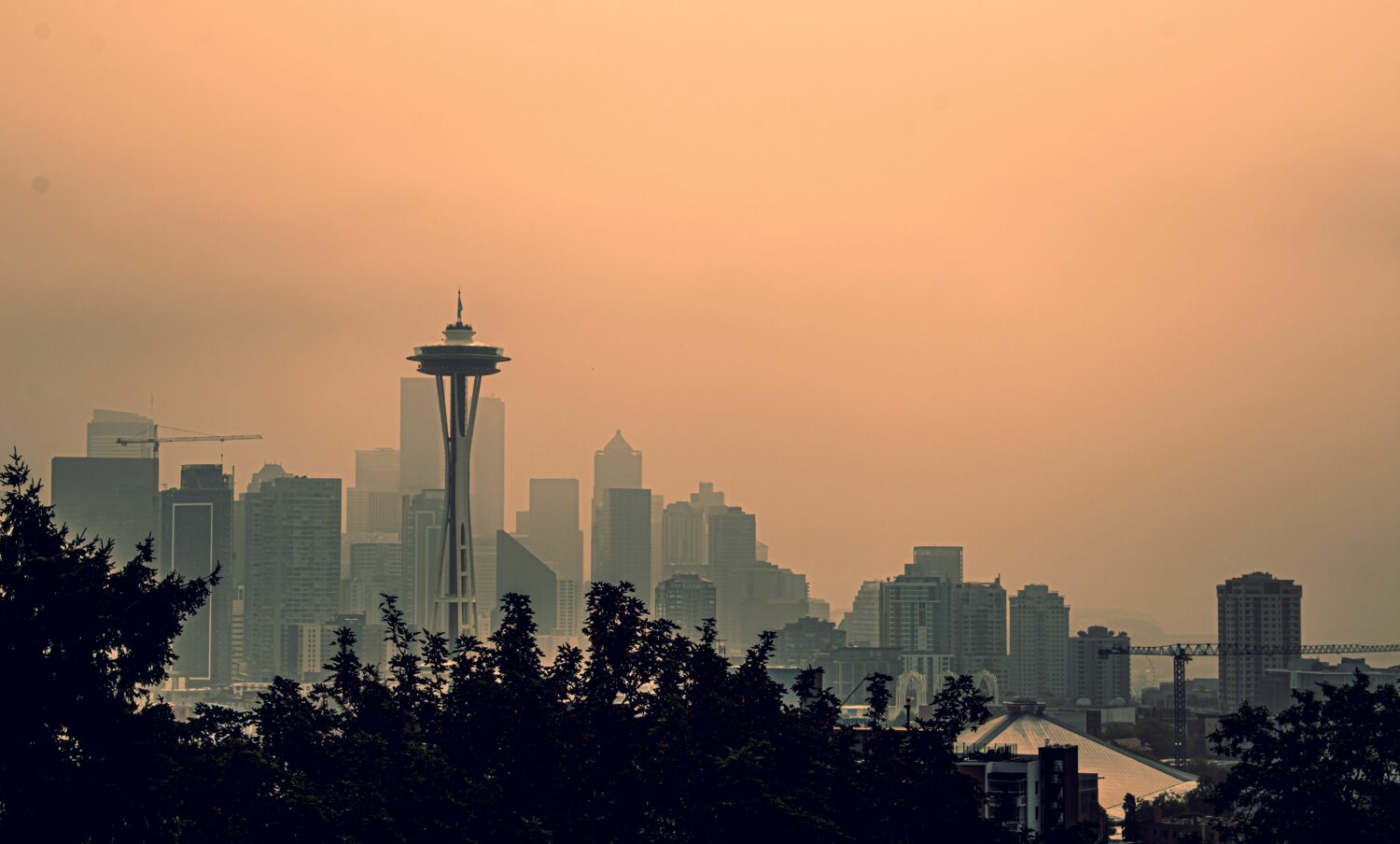
Sometime in the last few years I realized I expect at least several days of smoke that keep me in my home. This is not something I remember from growing up and is perhaps the clearest reminder in my own life of the impact that climate change is having on our world.
I know that I am not alone. Over the last years, we’ve come to expect a smoke season here in the Pacific Northwest. Smoke season is the time when wildfires are common and smoke fills the air. And unfortunately, we’re bracing for what is set to be another smoke-filled fire season with an above normal number of wildfires predicted.
Wildfire smoke can harm your health in multiple ways. Maybe you’ve experienced the irritation it brings to your eyes or respiratory tract, resulting in coughing, wheezing, difficulty breathing, or chest pain. Beyond these physical effects, I know that living with a physical and visual reminder of climate change impacts my mental health.
For members of our team who have traveled to the field, opening the door during this time of year brings an olfactory memory of being in the homes of families cooking over open fires. The air smells and feels the same as it does in homes in places like Sierra Leone, Ghana, or Uganda.
Cooking smoke not only pollutes the kitchens where women and children gather to prepare food, but also spreads to the surrounding area and creates a persistent haze of unhealthy air for everyone. This chronic exposure harms health and is the global third leading cause of death for women according to the United Nations.
Both cooking smoke and wildfire smoke contain fine particles (PM2.5) that can penetrate deep into the lungs and bloodstream, causing inflammation and oxidative stress. These particles can also travel long distances and affect regions far from the source of the fire.
We may be half a world apart, but this annual reminder of what daily life is like for families encourages me to continue the work of bringing improved cookstoves to homes around the world. To reduce our impact on the fast-changing climate, cookstoves that are designed for efficiency and usability, with input from the cooks who will use them regularly, can make a difference.
